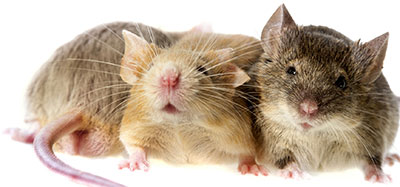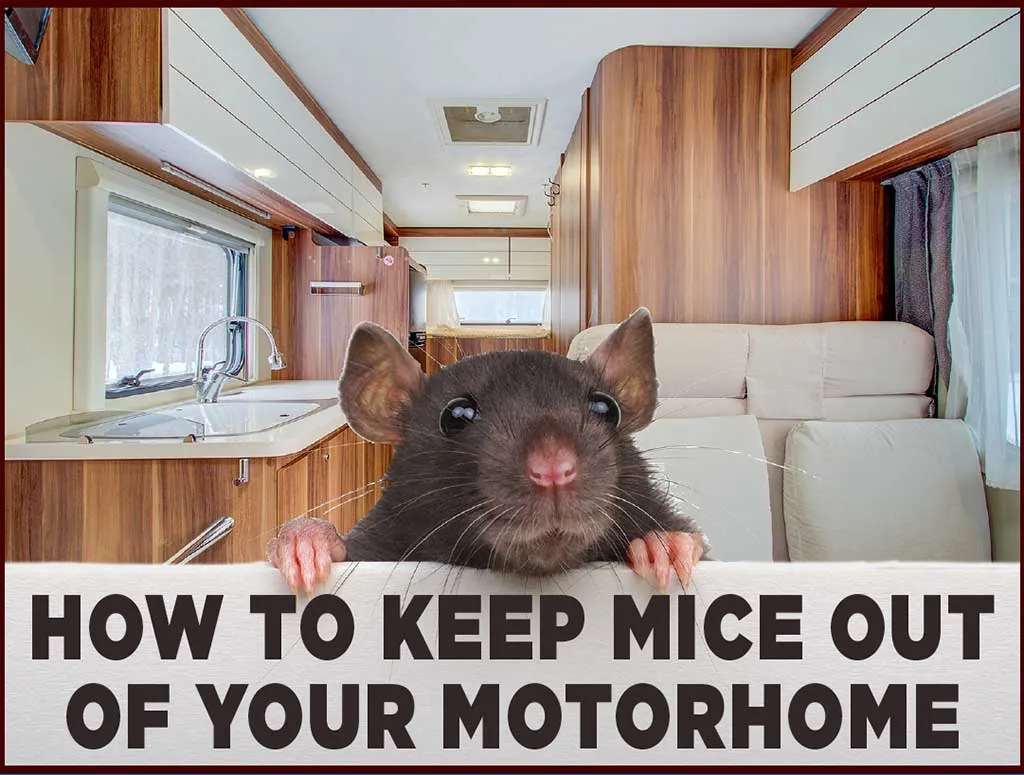We can get a rodent infestation at any time of year, but it’s at the time of the first frosts that we need to be especially on our guard from rats or mice looking for somewhere warm and dry to spend a cold winter.
Mouse infestations are much more common than rats, and we’ll concentrate on these. If you focus on keeping the mice out, you’ll be keeping rats out too. They might be field mice who will use it as a base for their local foraging, or house mice, who have outgrown a nearby home.
With little or no use through the winter, the motorhome becomes potential winter quarters and infestations are common. There are a few things we can do to keep them at bay.
Why do we want to keep them out?
Many people have a genuine fear of rodents and could not bear the thought of sharing a van with them. That’s reason enough, but there are much more important motives for keeping them out.
If they nest in your upholstery or maybe a cosy cupboard, the acrid smell of pints of baby mouse urine is very offensive. When it soaks into wood or chipboard, you will never wash away. It will stink for months and will probably need to be replaced.
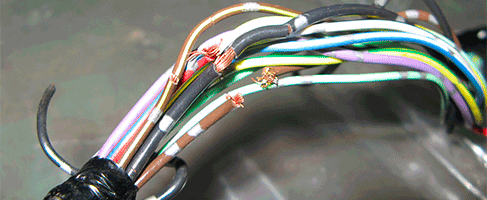
Rats and mice are Rodents. This name comes from Latin Rodere, “to gnaw, scrape, scratch” and they love doing just that. They love nibbling on plastic. Corner joints of water pipes are a favourite. And of course, the pipe they gnaw through is always in the most inaccessible place, making repairs impossible without dismantling large parts of the interior of your motorhome.
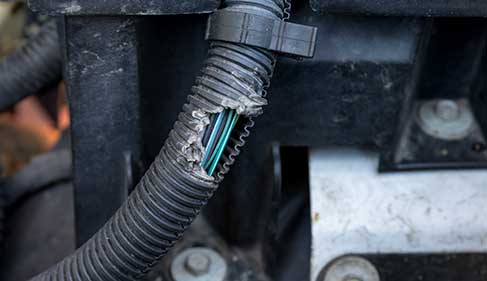
While some mice are enjoying your water pipes, their siblings will eat into a wiring loom somewhere, deep inside the engine bay or some other inaccessible place, exposing wires, making dangerous short circuits or just having a giggle as they fix it so whenever you use an indicator, the horn sounds.
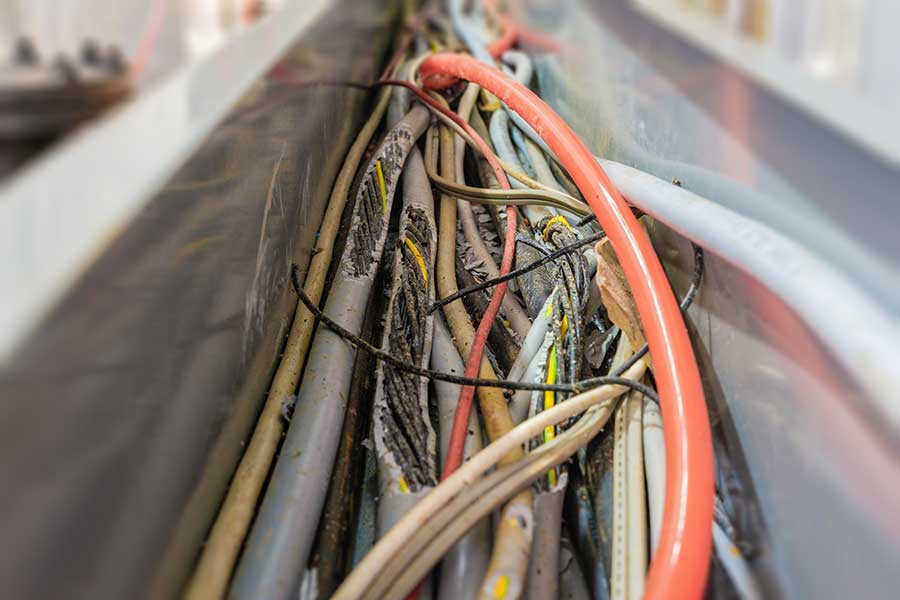
How long will they stay.
Mice don’t live long. A nine-month-old mouse is drawing a pension and could die anytime. With a belly full of wood and plastic, he might not last that long. He could die out in the open, but more likely to pop his clogs in some quiet, hard to reach cavity in your van. Other mice might do you a favour and eat the dead mouse, but dead mice might also attract rats. And you really don’t want rats in your van.
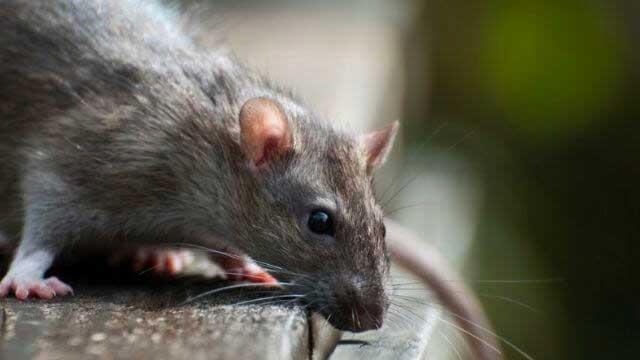
Decaying mouse, along with wood soaked in mouse urine is not a nice combination, it stinks and while you might get used to it, you’ll probably find that no matter how cold or windy it is, any guests you have round your van for drinks will insist that you all sit outside!
In a heavily infested area, it is difficult to keep your van rodent free. Lots of people discover this to their cost when using cheap motorhome storage on farms or at friends’ small-holdings.
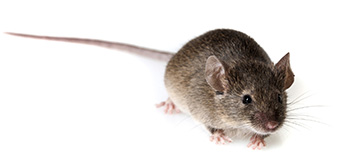
We once bought a new van that was too big for our town house drive, so we stored it at a friend’s horticultural farm; it was quite a way from home, and because it was stored with a friend, and so far away, our checks on it were infrequent. March the 1st was the first time we’d seen it that year and as soon as I opened the door. I knew we had big trouble.
We suffered all the problems I mention above. It took a week to be happy we had the situation under control, and they had all gone. We disinfected the van from top to bottom. We then spent a small fortune replacing all the soft furnishings and getting some reupholstery done. But no one felt comfortable in the van again and by the end of July, we sold it.
How to check if you have mice.
Rodents are nocturnal so won’t show up in the day. The musty smell might not be evident in the early stages, and the first thing you might notice are droppings. Mouse poo is small and pellet like with smooth pointed ends and might look like dark grains of uncooked rice about ¼inch long. Look for it on worktops in cupboards and in drawers. Clean it up immediately and check again tomorrow. More poo means you have a mouse, a lot of poo means you might have a lot. But when I say a lot, I mean a lot, because a single mouse might leave you over 50 poos in a night.
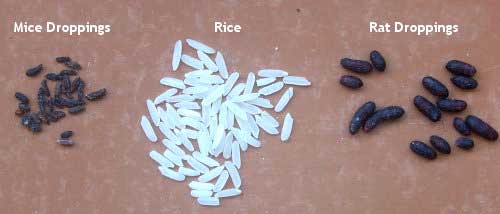
When you cannot check your van for weeks on end, use a biscuit, not traps, as an indicator of infestation.
When you leave your van in storage or at home it’s a good idea to place a tiny piece of biscuit on the floor, whenever you visit, check for that biscuit, if it’s still there, you’ve had no visitors. Don’t leave baited traps as an indicator. If you catch a few mice in your traps and they are there for weeks, then as they decay, the smell will attract other mice, or worse, attract rats.
So how do you keep the mice out
Remove all food sources
A bag of emergency pasta stored in an under seat locker might be the foundation of a large mouse colony. Cereals or crackers, sugar, or flour will see that they stay quite a while. The only food you can safely leave in the van is tinned. With no food, they still might use your van as a warm base, but the chances of nesting within, reduce dramatically if there is no food source. Unless, of course, there is plenty of food outside your van. Which was the case with our mice. They will forage outside but come home to your warm and cosy van for sleeping and reproduction.
Moth Balls
Some swear that strategically placed moth balls will keep mice out, others report their mice ate the moth balls.
Peppermint
Some people say the peppermint-soaked cotton wool balls are brilliant at keeping mice away. While others say the peppermint cotton wool was used to line nests!
Sonic Deterrents
If you believe everything in the sales blurb about these things, they are fantastic. The reality is different. Some swear they work, others just swear at them, claiming they are a waste of money and batteries. That’s what I think too.
Light
Mice don’t like bright light. They feel safer in the dark, so a good idea is to use a string or two of LED lights under your van, have them on a timer to come on when it is dark. The underneath of your van bathed in Bright light is a good deterrent.
You can use solar charged LEDs, but for winter use they will probably only come on for a few hours. Ideally, you would want them on all night. You could fix some LED lights under the van permanently with a switch inside the van. These will keep mice away and as a bonus make your van look funky on a rally!
Physical Barriers
Mice need the tiniest of gaps to get into your van. If you are leaving your motorhome in a storage area where you think there might be a mouse or rat problem, then you need to spend some time under your van and under the bonnet plugging these entry points.
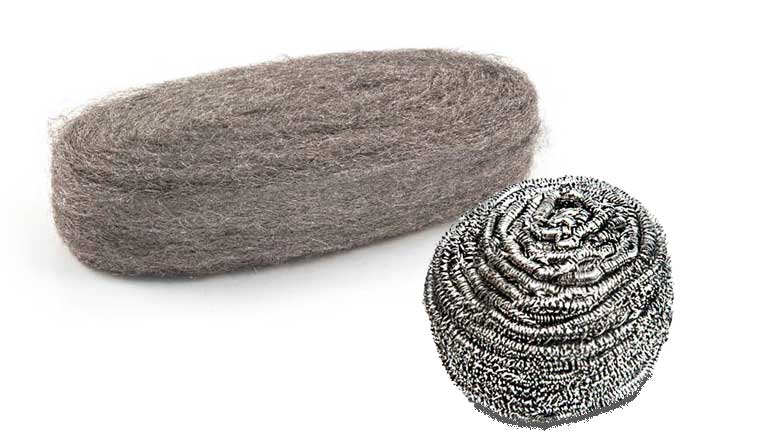
Experts say that if a pencil can roll under a door, then a mouse can get under too. You should plug holes and gaps wider than 10p. Mice don’t enjoy chomping on metal; which is why wire wool and the shiny wire washer/scourers forced into the gaps will keep them out.
We have mice in the Motorhome. How do we ged rid of them?
Don’t use Poison
When most people have an infestation of mice, poison is often the first thing they think about, but it should be the last.
Most poisons are anticoagulants: They reduce the ability of the mouse’s blood to clot. The mice die slowly from internal bleeding and will probably go somewhere quiet to die, maybe deep inside some little cavity in your motorhome! The resulting decomposition can smell for many weeks, so using poisons is not a good idea.

Traps
No matter how much you hate these mice, any traps you use should be humane. That means they catch the mice alive or in a trap that kills them instantly. Never use glue-traps that cause unnecessary suffering.
If you don’t want to kill the mice, you should know a live trap might not be as kind as it appears to be. To avoid suffering, you need to check them regularly, and then you must consider how you will get rid of your catch. Releasing them too close to home and chances are they will find their way back. Then too far, and the odds of a relocated mouse surviving in a new area are quite low, so are you making them suffer? If you really cannot kill the mice, then you could take your live catch to a vet. But even then, this might not be as kind as a quick kill from a sprung trap.
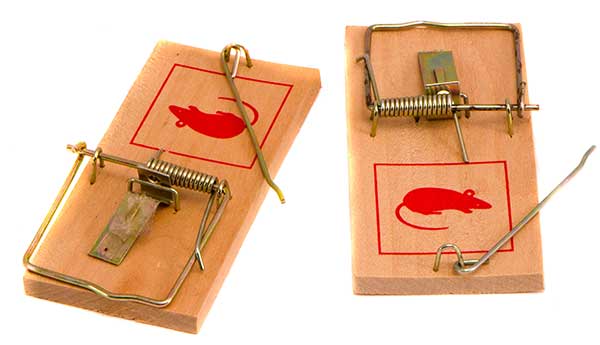
A spring trap can be distasteful, but it is the best and most humane way. Buy at least 6 traps, bait them with chocolate spread or peanut butter and check them every day. Remember to keep pets away from traps!
Cheap plastic traps work well, as do the wooden little-nipper types. Once baited and set, place them at right angles against furniture or walls with the baited end closest to the wall.
In the absence of other food, you will catch mice in these traps. Rather than extricate the crushed mouse, some prefer to just throw the whole trap in the bin. You can do this if you wish, but you will need to buy some replacements as you need to keep the traps set for quite a few nights without a catch to be reasonably sure you are rid of them.
We must check traps daily. Never set traps unless you are going to check them daily
Electric Shock Traps
These have some appeal, but they don’t always work. You need to remove the mice, and that can be a little fiddly. I cannot recommend one.
In Short. How to keep mice out of your motorhome.
- Remove all food inside and outside if you can
- Block all holes
- Get some light under the van
- Mess with Mothballs and Peppermint if it makes you feel better
- Chocolate biscuit test
- Use Traps, check daily
- poison only as a last resort
